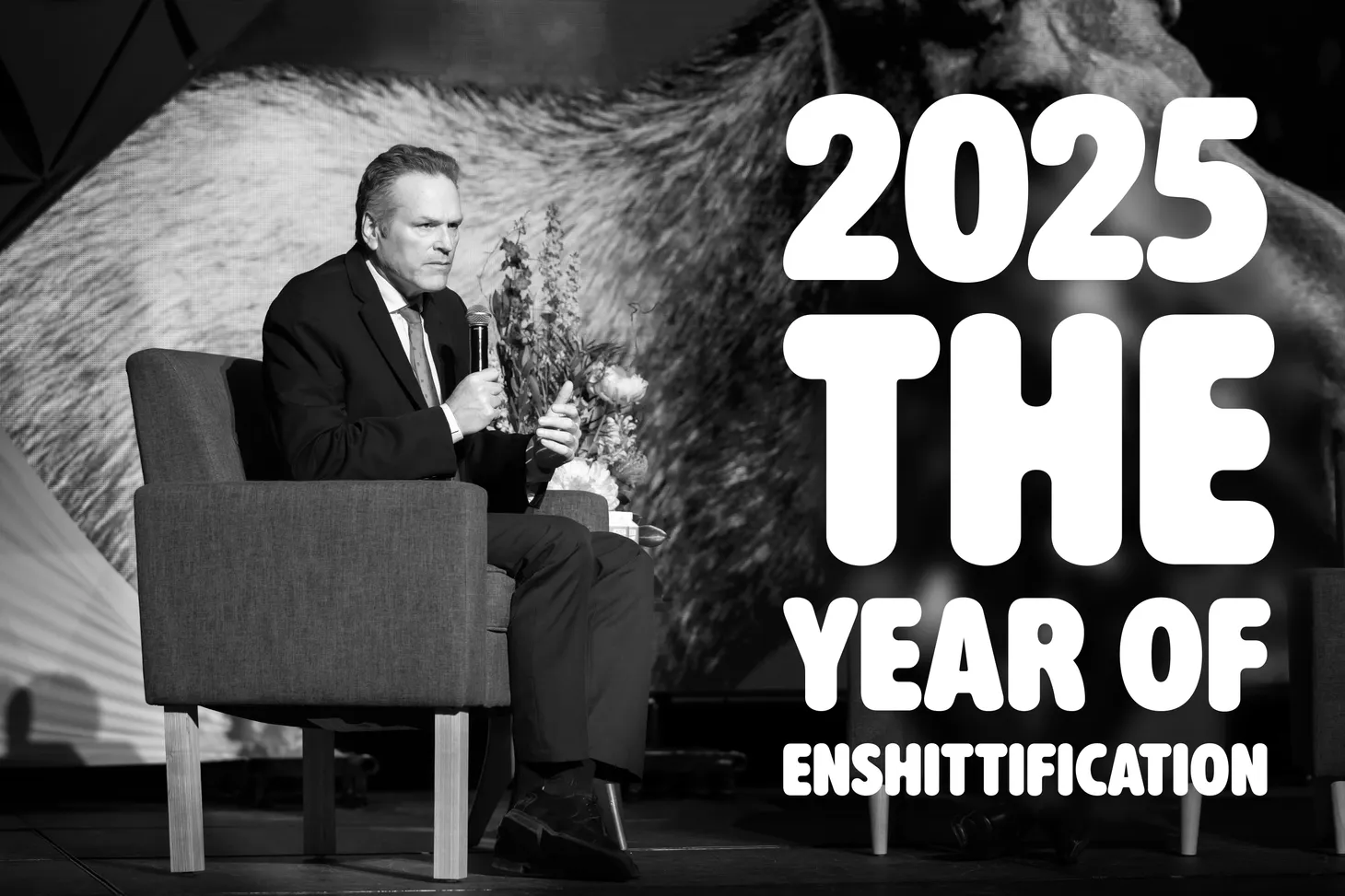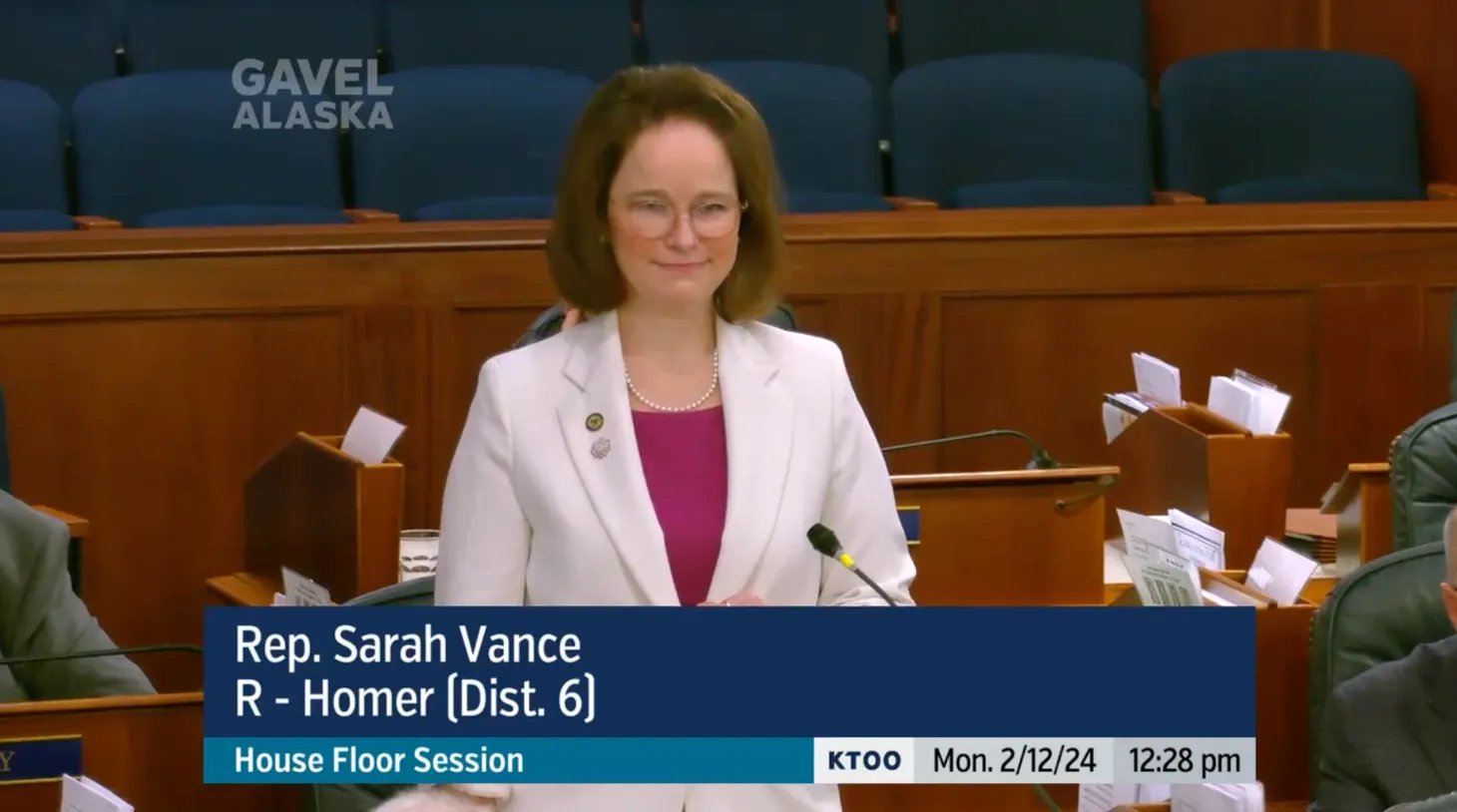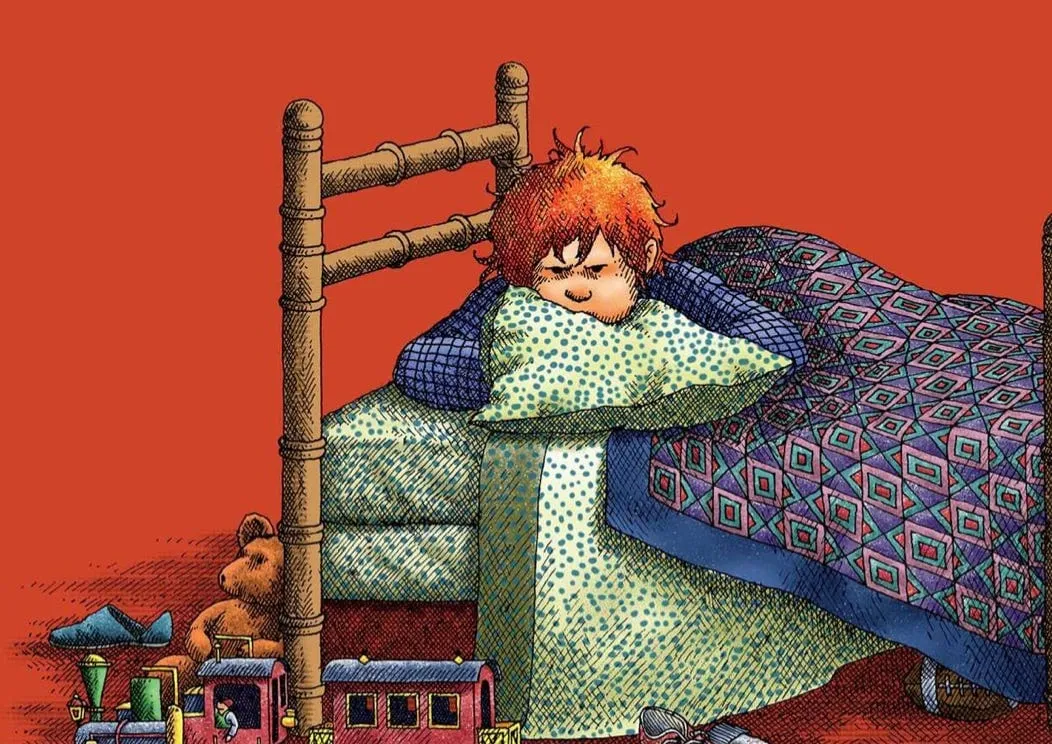The 'big, beautiful' bill is big and ugly for Alaska
While some try to downplay the impacts, others have taken a hard look and don't like what they see.
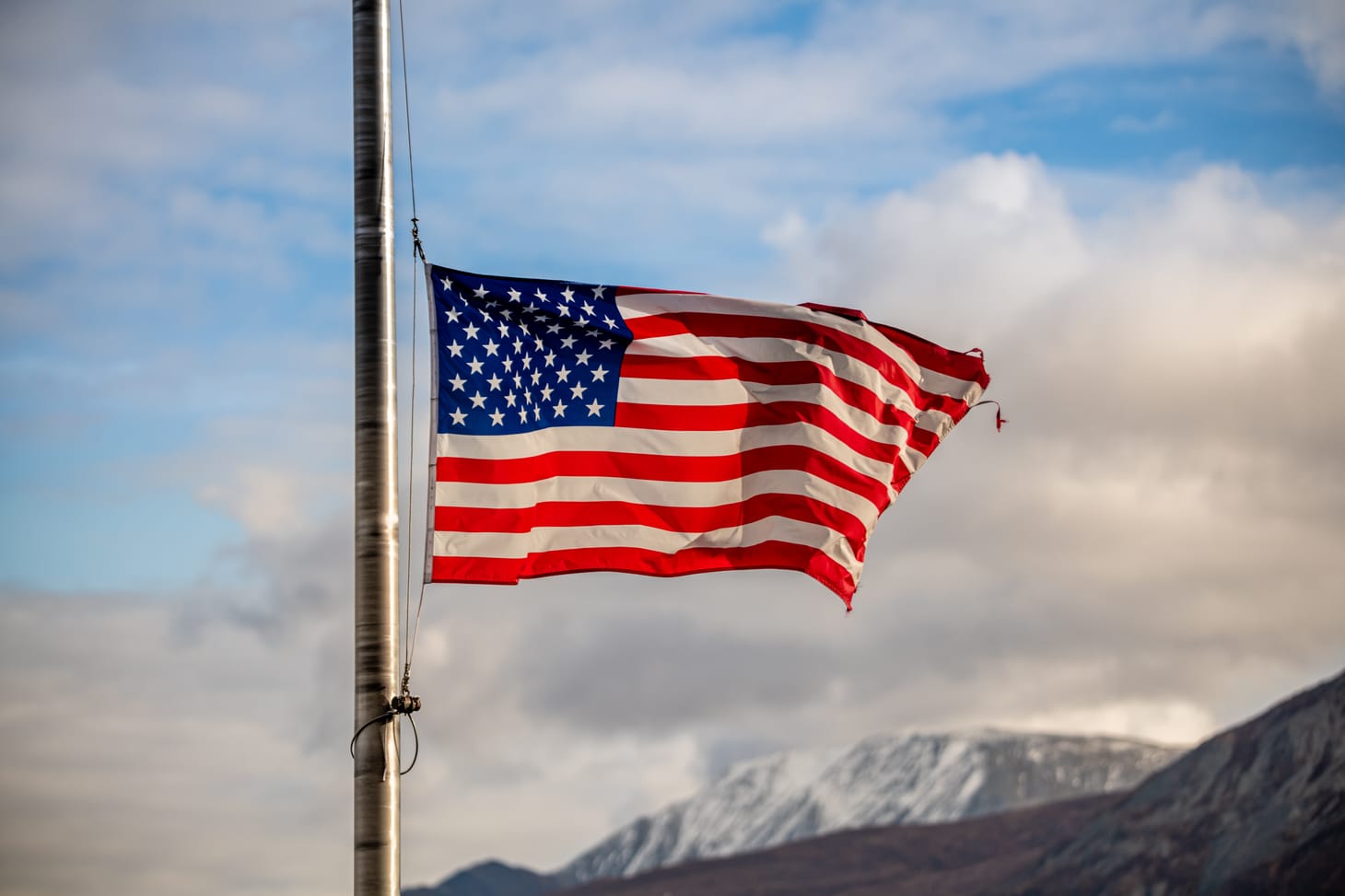
It’s Friday, Alaska!
In this week’s edition: Alaskans are unpacking and bracing for what appears to be a parade of expectedly devastating consequences of Trump’s “big, beautiful” tax cuts for the wealthy, with the bill’s proposed cuts to Medicaid alone expected to punch a hole in the state’s health care system that will be broadly felt and near-impossible to replace. While some try to downplay the impacts, others have taken a hard look and don't like what they see. Meanwhile, this week, Gov. Mike Dunleavy issued a slate of vetoes to broadly popular bills, which really underline how sour his relationship with the Legislature has become as he enters the lame-duck period of his governorship. Also, the reading list and weekend watching.
Current mood: 🚵
The "big, beautiful" bill is big and ugly for Alaska
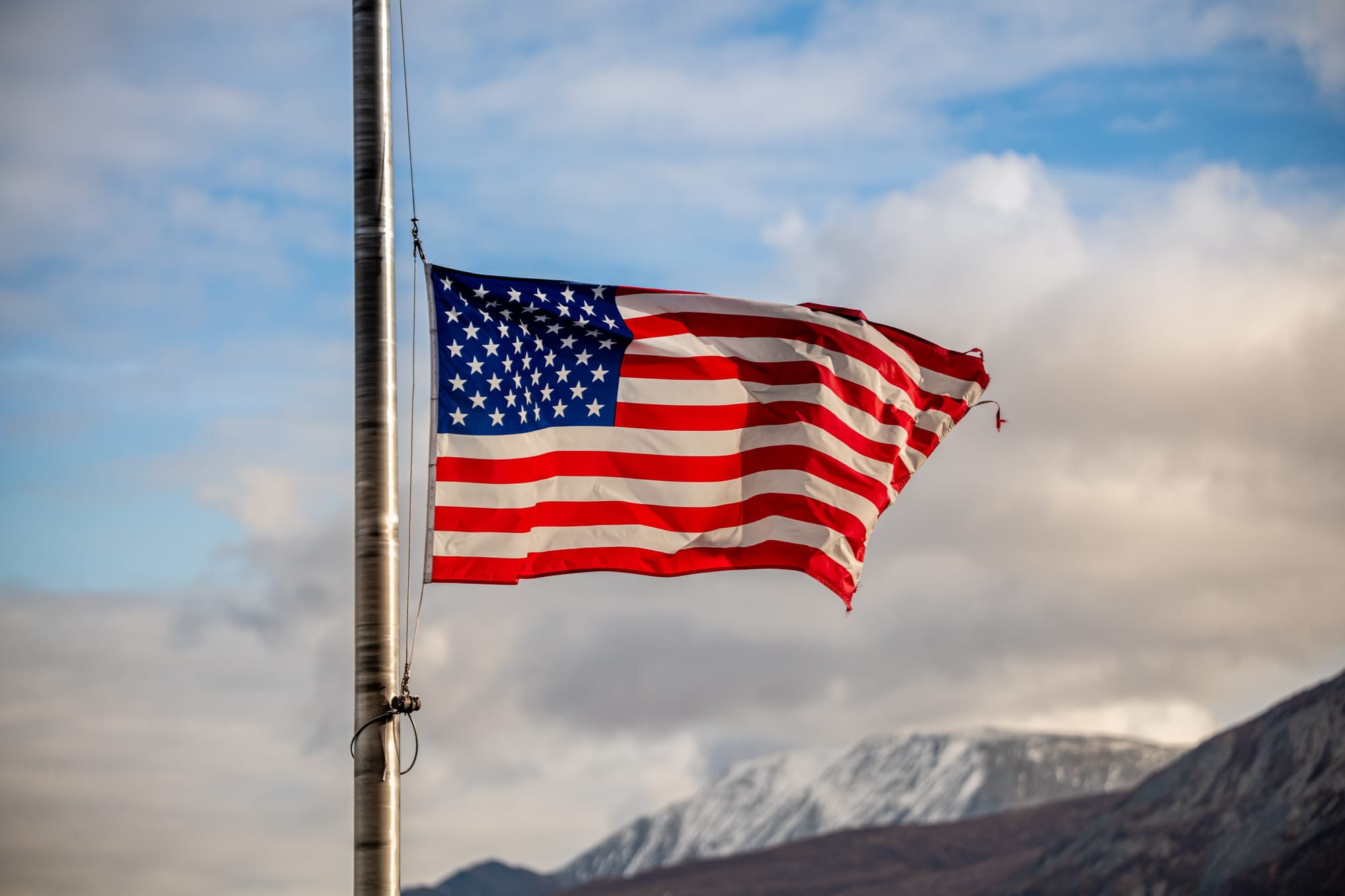
Over the last six months, considerable time and effort have been devoted to understanding the real-world impacts that a flurry of action from the Trump administration and congressional Republicans will have on Alaska, but ever-shifting plans and a lack of transparency have made this an uphill battle. The same goes for the president's "big, beautiful bill" that represents the latest transfer of wealth from everyone else to the nation's wealthiest, and which the Senate GOP is trying to wrangle to a final vote by July 4. Permanent tax cuts for some and deep, existential cuts to social safety net programs for everyone else.
However, with the proposals shifting by the hour, it is a near-impossible task to put anything close to concrete numbers in the latest version of the cuts considered. And this uncertainty is something that reality-detached Republicans have been all too happy to run with as they run cover for the president's tax bill. In a particularly salient example from earlier this year, Senate Minority Leader Mike Shower tried to throw some cold water on the then-nascent threat of Medicaid cuts by seizing on the point that most of the reporting included the words "could," "may" or "might."
"I think a lot of people go, Oh my gosh, 'Hundreds of thousands or millions are going to lose their insurance.' Well, we don't know this at this point," he said in a Feb. 28 special order, quoting from an article, "'... Could become law without significant cuts to Medicaid, but it won't be easy.' So in other words, it could."
His response to the concerns raised about looming Medicaid cuts and the anticipated loss of coverage for tens of thousands of Alaskans was to essentially argue that the future is unknowable, so why bother worrying? Or, as Iowa U.S. Sen. Joni Ernst put it at a town hall last month, "Well, we all are going to die."
More serious people have put substantial thought and effort into understanding what we can about the looming cuts, and the picture is predictably terrible for a state that receives an outsized share of federal funding compared to what we pay in taxes and where a large chunk of our population relies on Medicaid and food stamps. At a news conference with several health care providers, they said they’re racing to put some real-world numbers to the cuts with a study through the University of Alaska’s Institute of Social and Economic Research.
Emily Nenon, Alaska Government Relations Director for the American Cancer Society Cancer Action Network, said a finalized report will be released in a few weeks, but noted that sharing some of the preliminary findings was critical, given that the U.S. Senate is likely to act sooner.
“Now, these are from a very conservative model: Total job losses in the thousands. We’ve seen ranges of total job loss of up to 3,000 jobs from the Medicaid cuts alone,” she said, “And when you look at where Alaska falls, it is going to bear a disproportionate burden of these cuts. Now, when I say cuts, I’m not just talking about cutting money, I’m talking about cutting people.”
The impacts won't be felt only by those who rely on the programs. Medicaid and food stamps account for not-insignificant chunks of revenue for the state, and the worry is that not only will people go without care, but that clinics, hospitals and grocery stores won't be able to stay open, particularly in rural communities. And while Republicans claim that the end goal is for people to find employment that provides insurance, the reality is that more people will simply go without coverage, missing out on critical preventative care that stops conditions from worsening into costly emergency room visits.
Nenon also noted that the vast majority of Medicaid expenses come from a very small number of people with chronic conditions that require costly care — about 10% account for two-thirds of the expenses. There’s not much actual savings, she said, in cutting off health care to healthy working adults, who are the most likely to be affected by work requirements in the legislation.
“So it’s not just about how much money is coming from the feds to the state of Alaska for Medicaid. It’s about the people that will not be able to access care,” she said, adding, “If we want to save money in the Medicaid system, we have to get to people before they develop all these chronic diseases, right? And that’s where preventive care comes in.”
Similar woes exist for the state's food stamp program. While it initially appeared that cuts might be avoided, Republicans revised their plan today to shift costs to states with error rates exceeding 8%, while leaving states with accurate payments unaffected. And guess who has an error rate far above 8%. According to the most recent report, Alaska's beleaguered SNAP program, which has regularly failed to pay benefits on time, has an error rate of 60%, meaning the state could be liable for a substantial portion of the SNAP program's costs.
That means the state, which is already facing its own budgetary problems, will have to find hundreds of millions of dollars to either replace or cut back the services, resulting in fewer people being able to receive care, and more will go hungry.
For House Speaker Bryce Edgmon, a Dillingham independent, and Anchorage Sen. Cathy Giessel, a moderate Republican and Senate Majority Leader, the stakes can't be waved away with a bit of whataboutism. They teamed up to pen a clear-eyed editorial in the New York Times that outlines the deep existential threats that Trump's bill will pose to Alaska.
"This is not about partisanship. One of us is a Republican and the other is an independent. In the Alaska Legislature, our State Senate and House are led by a bipartisan governing coalition. Our focus is squarely on the survival of the people we represent," they wrote, outlining similar concerns about the myriad of negative outcomes of cutting Medicaid and SNAP, later adding, "What is the end game here? How does it help anyone to terminate health care coverage for our most vulnerable through red tape or take away food for families who have limited to no options for gainful employment?"
And in a particularly punchy conclusion, they called the legislation out for what it is: A massive transfer of wealth to the wealthy.
"As long-serving members of the Alaska House of Representatives and the Alaska State Senate, we’ve faced many daunting economic and fiscal challenges, but we’ve never seen federal policy whose impacts are so far-reaching and damaging as what is before us now," they wrote. "Alaska is one of the most amazing places in our country and Congress is risking our way of life to give money to the rich."
Stay tuned.
Dunleavy's vetoes have legislators counting down his days in office

With the Fourth of July right around the corner, what better way to celebrate our freedom than by exercising our right to take out predatory payday loans that have been shown to regularly trap people in vicious, ever-deepening cycles of debt? Thanks to Gov. Mike Dunleavy's veto of Senate Bill 39 – a bill that sought to protect Alaskans from predatory payday loans – we will all still be able to enjoy the freedom of paying interest rates north of 500% on a loan for under $500... and then taking out a loan to pay off the first loan.
And what better way for the governor, a self-professed supporter of schools and friend to rural Alaska, to follow up on his landmark veto of baseline school funding by vetoing legislation that tried to address the chronic problem of teacher housing shortages in rural Alaska? Because that's what Dunleavy just did.
In a pair of vetoes issued this week, the governor halted the enactment of broadly popular measures that legislators approved with the hopes of protecting and serving some of the state's most vulnerable populations. But in the big picture, it also highlights the increasingly poor relationship between the Legislature and a governor entering the lame-duck period of his governorship.
In particularly telling comments, Sen. Bert Stedman, R-Sitka, reminded the Alaska Beacon that Dunleavy’s time in office has an expiration date.
“There’ll be another governor in a year and a half,” Stedman said, “and we’ll give it to the next governor.”
Why it matters
The Legislature's override of the governor's veto of the BSA bill was the first time a sitting governor has been successfully overridden in about two decades, and it's likely not the last as a growing number of once-sympathetic Republicans are growing increasingly frustrated with the governor's stubborn refusal to meaningful engage on, well, anything.
About the vetoes and the bill they killed
The governor's veto of the payday loan bill marks a reversal of fortunes for legislation that had enjoyed broad support just a year ago, when a Republican carried the measure. Now that it's being run by Democrats – Anchorage Sen. Forrest Dunbar and Rep. Ted Escheid – Republican support for the legislation has dried up, leaving it short of the votes needed to pass with an override. The measure would have extended the 36% interest rate cap on all small loans to loans under $500. Currently, the state has a carve-out on small-dollar loans, allowing extremely high rates to be charged.
In a two-sentence statement accompanying the veto – the first sentence of which just restated what the bill did – Dunleavy wrote, “These changes would reduce short-term credit options — particularly for those without access to traditional banking services — while creating enforcement challenges for the state.”
The message doesn't bother to elaborate on the enforcement challenges, but the language about the dangers of cutting off people's access to payday loans has been spread by conservative political groups, such as Independent Women’s Voice — a think tank that aims to mask right-wing talking points in centrist messaging. They claim people should have access to these small-dollar loans at whatever cost.
Predatory payday loans, of course, are a big business for those with less-than-scrupulous intentions. Under Trump, the Consumer Financial Protection Bureau announced that it would pull back its regulation and enforcement of rules that protect borrowers under the title of "Regulatory relief for small loan providers." And a recent report by the Anchorage Daily News and ProPublica detailed how a payday loan company is using a tribe in Alaska to shield its activities, a shady practice known as a “rent-a-tribe” scheme.
Following up on his veto of public education funding, the Republican vetoed a bill that sought to ease the teacher housing shortage facing rural school districts. The bill would have allowed districts to tap into a rural school fund to pay for repairs to dilapidated teacher housing, a long-running issue that districts say has made the already-challenging job of recruiting and retaining teachers that much more difficult.
Rural districts, which lack the same local property tax base as urban districts and therefore rely on the state for funding, have long struggled to keep up with maintenance at their schools because of a lack of attention from the state. Some requests, such as the leaky roof at Sleetmute’s school, have gone unaddressed for nearly two decades, leading to worsening problems like mold and disintegrating foundations that have forced the school to close parts of the building for safety.
In his veto message, however, Dunleavy claimed that allowing rural districts to use the rural funds for housing would be unfair and inequitable to urban districts that don’t face the same problems. He noted that the housing costs are “traditionally paid by local communities” and should stay that way, despite rural communities lacking the tax base to pay for it.
He also says that the bill would have diverted “already-scarce dollars” away from the classroom, while omitting the fact that his actions are a cause of that scarcity.
That said, the bill passed with 54 members in support, well beyond the 40-vote threshold to override a veto. That said, the governor and his allies have not been shy about twisting arms to get Republicans to uphold his vetoes.
Stay tuned.
Reading list
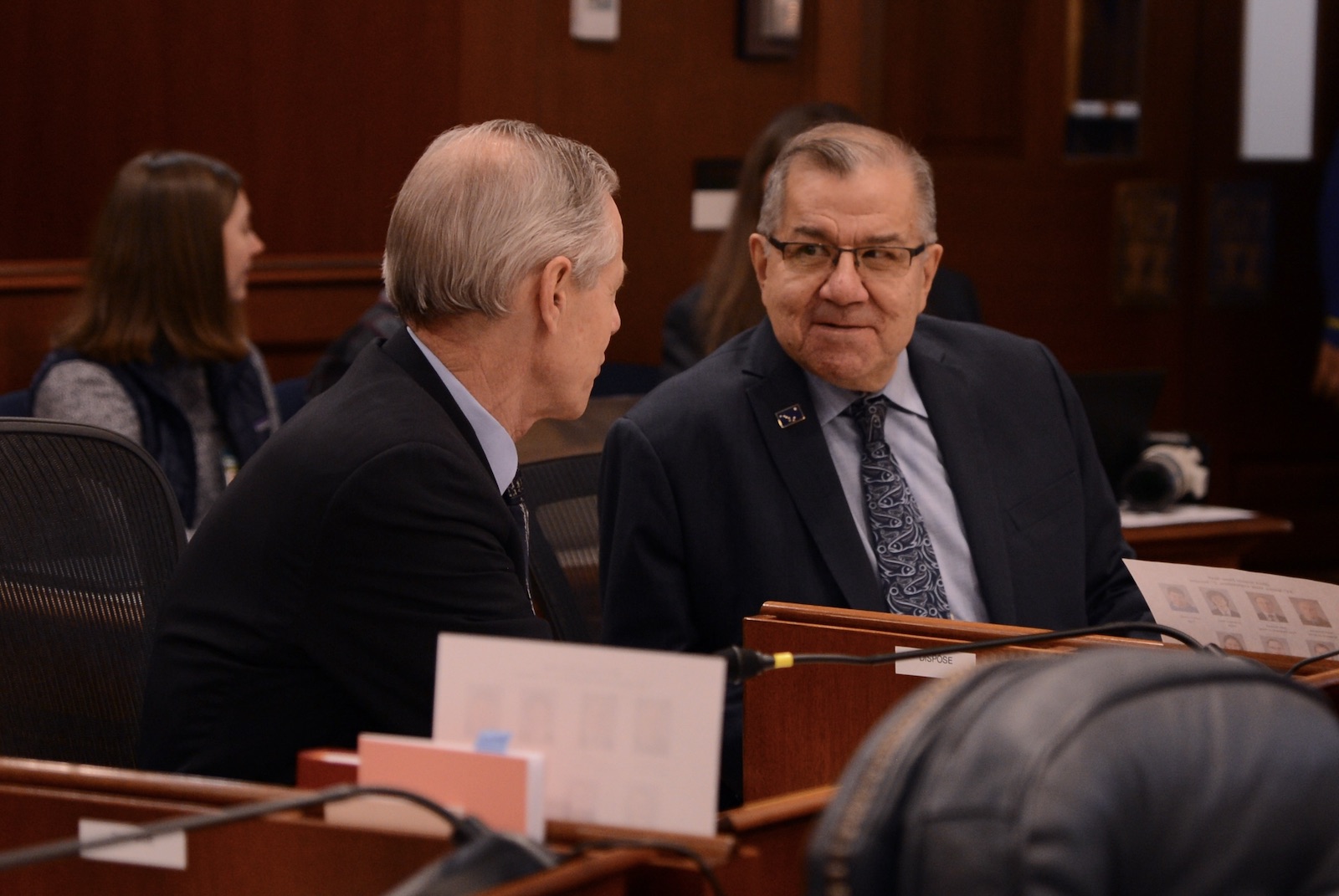
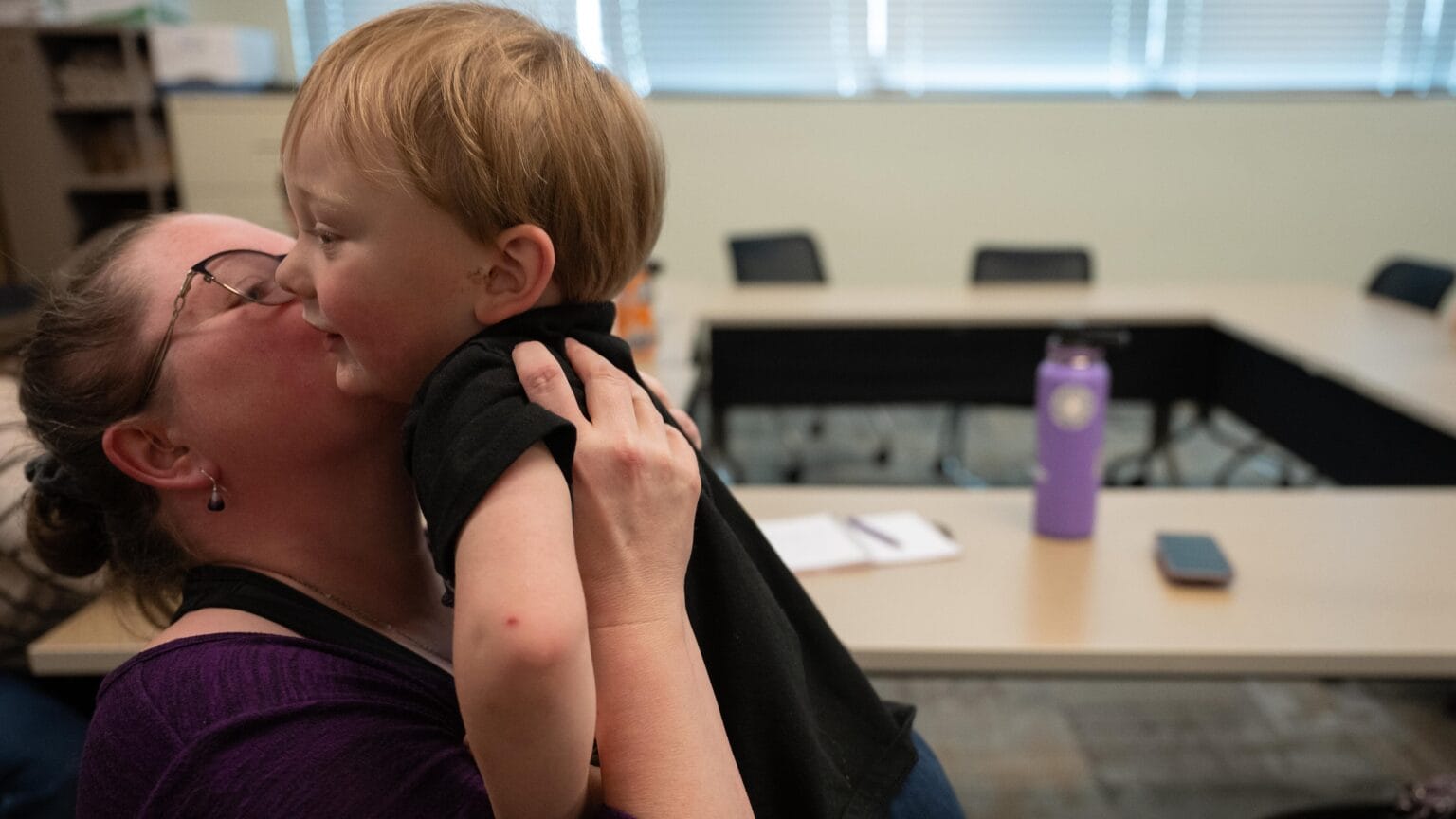
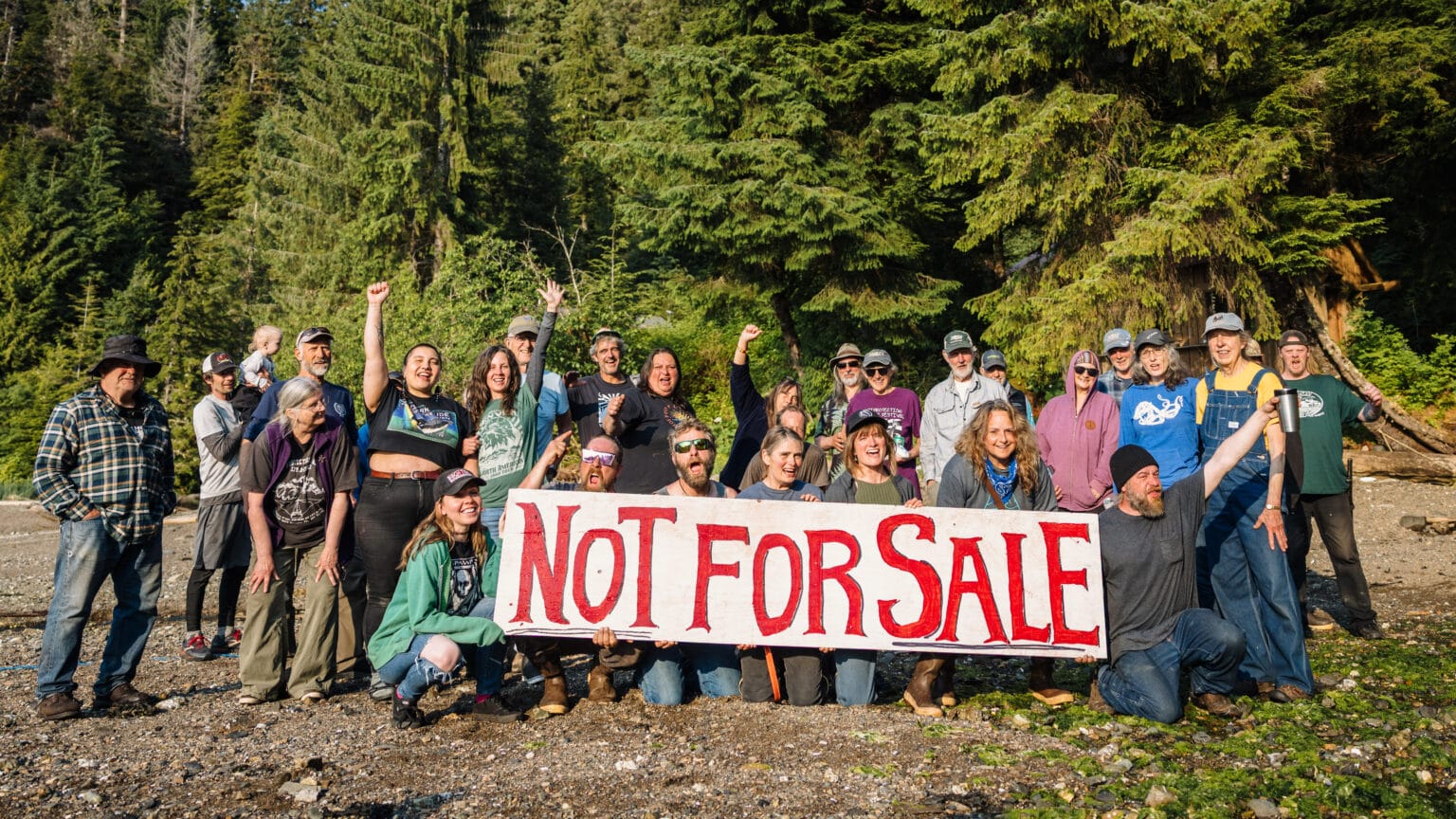

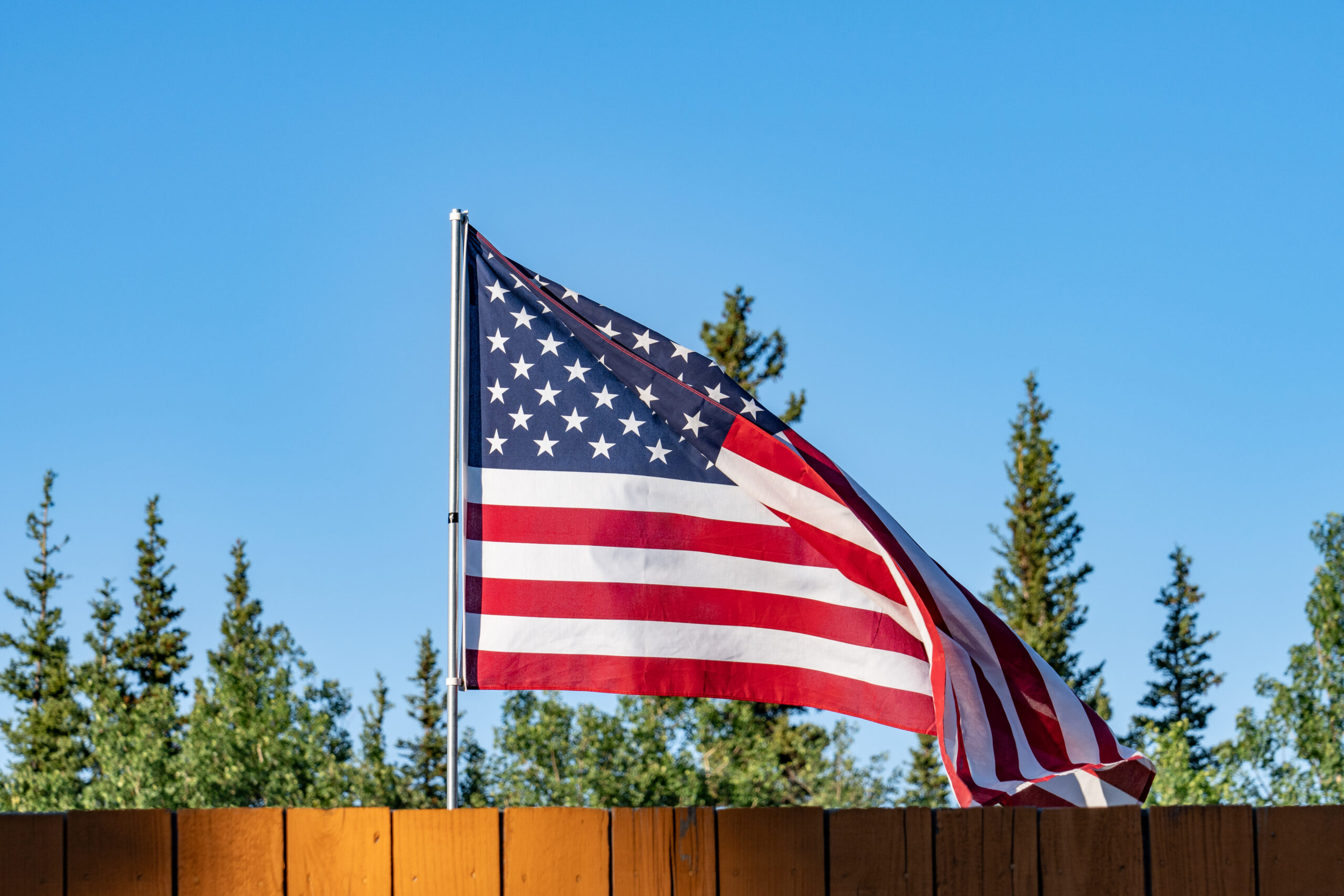

Weekend watching
Rick Steves is a master of gentle, thoughtful tourism, and his humanizing piece on Iran got new attention this week as our countries stand on the edge of conflict. A good reminder that these wars are brought by governments, not their people.
Have a nice weekend, y'all.
The Alaska Memo Newsletter
Join the newsletter to receive the latest updates in your inbox.








